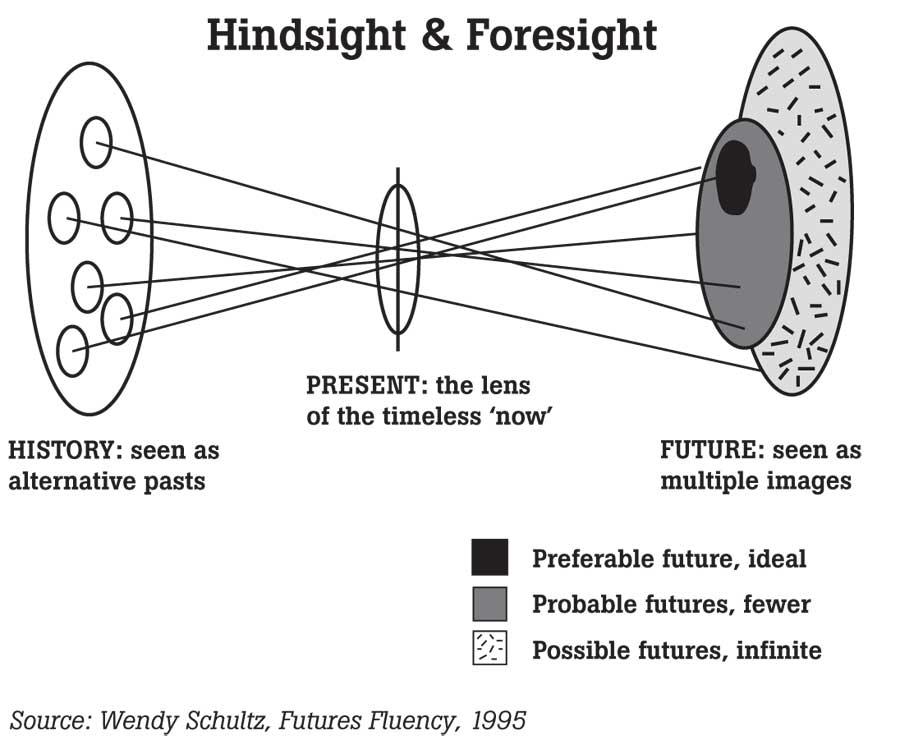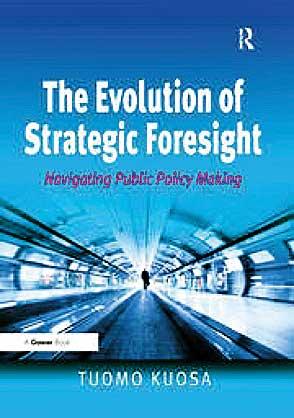29 Nov 2023 - {{hitsCtrl.values.hits}}
We must expect the unexpected. But we can make sure that we have the versatility and the means to respond to new risks and threats to our security as they arise.

Sri Lanka, like many other countries all over the world, is faced with economic challenges. There have been many contributory factors for the challenges posed such as the 30-year conflict, Easter Sunday attacks, the Coronavirus (COVID-19) pandemic, and finally the economic meltdown.
conflict, Easter Sunday attacks, the Coronavirus (COVID-19) pandemic, and finally the economic meltdown.
If not for the ultimate reason of the unfortunate economic crisis in 2019/2020, in the new emerging global order, Sri Lanka was a nation in transition from the third world to the second with a per capita income of USD 3200 that needed to craft its path to be able to become a developed country. The crisis has had multiple compounding factors like tax cuts, devaluation of its currency, increasing inflation, money creation, a nationwide policy to shift to organic or biological farming. Sri Lanka will remain a middle-income country,” the International Development Association (IDA) office said in a statement. “We will request the World Bank to grant the country eligibility to obtain loans offered by the International Development Association (IDA).” The IDA is an arm of the World Bank that helps the world’s poorest countries with the aim of reducing poverty by providing zero to low-interest loans and grants. (https://www.aljazeera.com/news/2022/10/11/sri-lanka-to-keep-middle-income-status-seek- concessional-loans).
Strategic foresight is a structured and systematic way of using ideas about the future to anticipate and better prepare for change. It is about exploring different plausible futures that could arise, and the opportunities and challenges they could present. Developing countries benefit from strategic foresight for several important reasons as follows:
Benefits of strategic foresight
The benefits of strategic foresight include challenging assumptions. Through the development of plausible alternative futures, foresight exercises can lead decision-makers to acknowledge uncertainty and consider risks as well as possible opportunities. If I may present it in another way, foresight can help identify blind spots.
Concept of foresight
Strategic foresight does not attempt to offer definitive answers about what the future will hold. Foresight understands the future as an emerging entity that’s only partially visible in the present, not a predetermined destiny that can be fully known in advance and predicted.
Importance of foresight in leadership
While strategic vision will help a leader plan for the future, strategic foresight will enable a leader to deal with the inevitable variations that will occur as that future unfolds.
Today’s world leaders commit noteworthy vigor to building compelling strategic visions to inspire and guide their nations into the future. But, without the ability to anticipate how this future might unfold, some leaders find themselves unprepared to deal with the future they’ve led their country towards. Thus, while our vision will always denote an image of the preferred, idealistic future, our scenario planning will outline those possible alternatives. (Strategic Foresight: A Critical Leadership Competency by Pete Hammett LEADERSHIP ADVANCE ONLINE Issue IV, Winter 2005)
Sri Lanka’s Strategic and Economic significance
Sri Lanka needs to assess the strategic and economic significance on the major projects with large foreign investment by 2030, 2050 and beyond.
On these strategic long-term projects, it would be relevant to take public input. Further, importantly, when a project is awarded for 99 years of lease agreements, most of the policymakers who decide on the project are very unlikely to see its conclusion.
In many other countries especially our regionally important partners China and India any large-scale strategic foreign project undertaken is reviewed and granted clearance considering National Security. Sri Lanka should also consider of National Security clearance aspect on large-scale foreign strategic projects. This clearance or the study report could be preserved for the next generation as a point of reference. Furthermore, these reports generally assess the project’s strategic value addition to our economy. It is important to consider that given the volatile global order, what may be the best strategic option today may not be the same in a few years.
Perhaps a methodology should be designed to deeply understand likely unfolding future events and scenarios. Foresight analysis is a good methodology that countries adopt to predict the best future scenarios. As discussed, “Strategic foresight” is a bland term for a great idea to look into the future and beyond to figure out what’s coming, so you can be ready. Also, Strategic foresight is different from strategic planning. Strategic planning looks at what you have historically offered and asks, “How can we do this a little better, faster or more efficiently? How can we improve or expand upon what we’re currently doing?”
best future scenarios. As discussed, “Strategic foresight” is a bland term for a great idea to look into the future and beyond to figure out what’s coming, so you can be ready. Also, Strategic foresight is different from strategic planning. Strategic planning looks at what you have historically offered and asks, “How can we do this a little better, faster or more efficiently? How can we improve or expand upon what we’re currently doing?”
Strategic foresight looks 10 or 20 years into the future and asks, “What will our future pool members value? What kind of products and services will our members need, and how can we best serve them?” Strategic planning is great if your environment is stable and unchanging but should be better when we are facing “VUCA” – Volatility, Uncertainty, Chaos and Ambiguity.
Normally National Security depends on our economic security, and vice versa. So, the first step in the National Security Strategy should be to ensure the economy is, and remains, strong. When sticking to long-term economic plan, any country becomes a faster-growing major advanced economy in the world.
Renewed economic security means we can afford to invest further in our National Security. This is vital at a time when the threats are growing. In ensuring our National Security, we protect our economic security which is fundamental to the success of any nation. It is important to keep the sea lanes open and the arteries of global/regional commerce to remain free-flowing.
To meet these priorities, we need to continue to harness all the tools of national power available to us, coordinated through the National Security apparatus, to deliver a ‘full-spectrum approach’. Armed Forces can deal with modern and evolving threats. In essence, the term “full-spectrum approach” generally implies a comprehensive and inclusive strategy that takes into account a broad range of factors or considerations within a particular context. The specific meaning can be more precisely determined by considering the field in which the term is used.
In keeping with the emerging threats investment in counter-terrorism and aviation security remains paramount. It’s also important on the need to maintain soft power to promote values and tackle the causes of regional security threats not just their consequences.
Safety and security depend not just on the efforts, but on working hand in glove with our allies with bilateral and multilateral engagement to deal with the common threats faced by all, Common threats can vary depending on the context, whether it’s in the realm of cybersecurity, global security, public health, terrorism to climate change or other areas.
History reveals that no government can predict the future. We have no way of knowing precisely what course events will take over the next five years: we must expect the unexpected. But we can make sure that we have the versatility and the means to respond to new risks and threats to our security as they arise.
Through our National Security Strategy and Strategic Defence and Security Review, we could back and use our hard-earned national economic strength to fight “VUCA” – volatility, uncertainty, chaos and ambiguity to help keep the country safe.
Evolving Passage
Sri Lankan policymakers may consider long-term impact when making strategic decisions. It is still not too late to have an in-depth strategic analysis while continuing to make strategic decisions. If the necessary statistics to decide, are not available, the decision could be deferred unless it’s shovel-ready, which will have the most immediate impact on employment and the economy.
Due to our geographical strategic position, we cannot ignore regional and extra-regional entities’ interests in us. Further, the global north and global south both are focused on us.
Hence, Strategic foresight is a valuable tool for developing countries to circumnavigate an uncertain future, anticipate challenges, and create a more resilient and sustainable development path.
Implementing strategic foresight in Sri Lanka involves collaboration among the government, private sector, academia, and civil society on their commitment, efficiency and the alignment of policies with the country’s development goals.
In summary, strategic foresight can be instrumental in helping Sri Lanka’s direction to a stringent and valuable framework for anticipating and responding to the economic, social and political landscape by anticipating challenges and identifying opportunities for sustainable development, amidst the dynamic and uncertain nature contributing to more informed and effective decision-making in our process of economic recovery within a valuable framework for shaping a sustainable and resilient future for Sri Lanka.
The writer is formerly Commander Sri Lanka Air Force and Ambassador to Afghanistan
President Association of Retired Flag Rank Officers

27 Jul 2024 59 minute ago
27 Jul 2024 3 hours ago
27 Jul 2024 3 hours ago
27 Jul 2024 3 hours ago
27 Jul 2024 3 hours ago